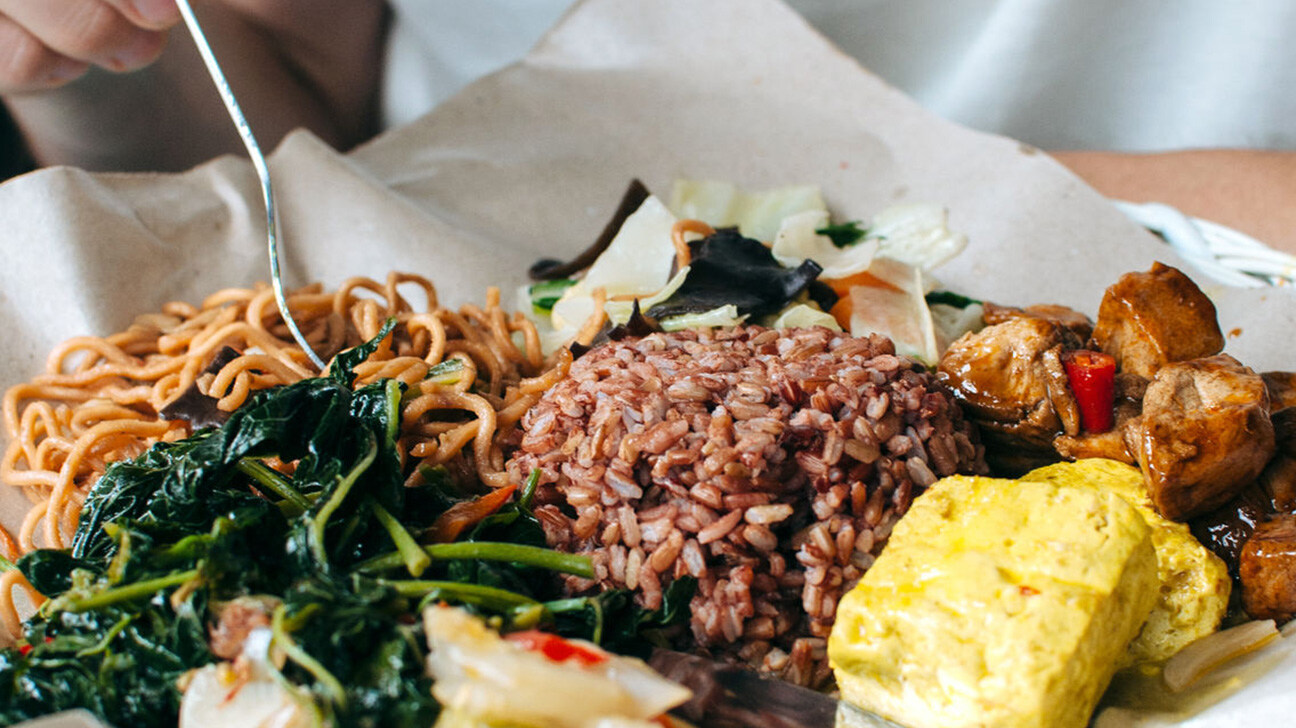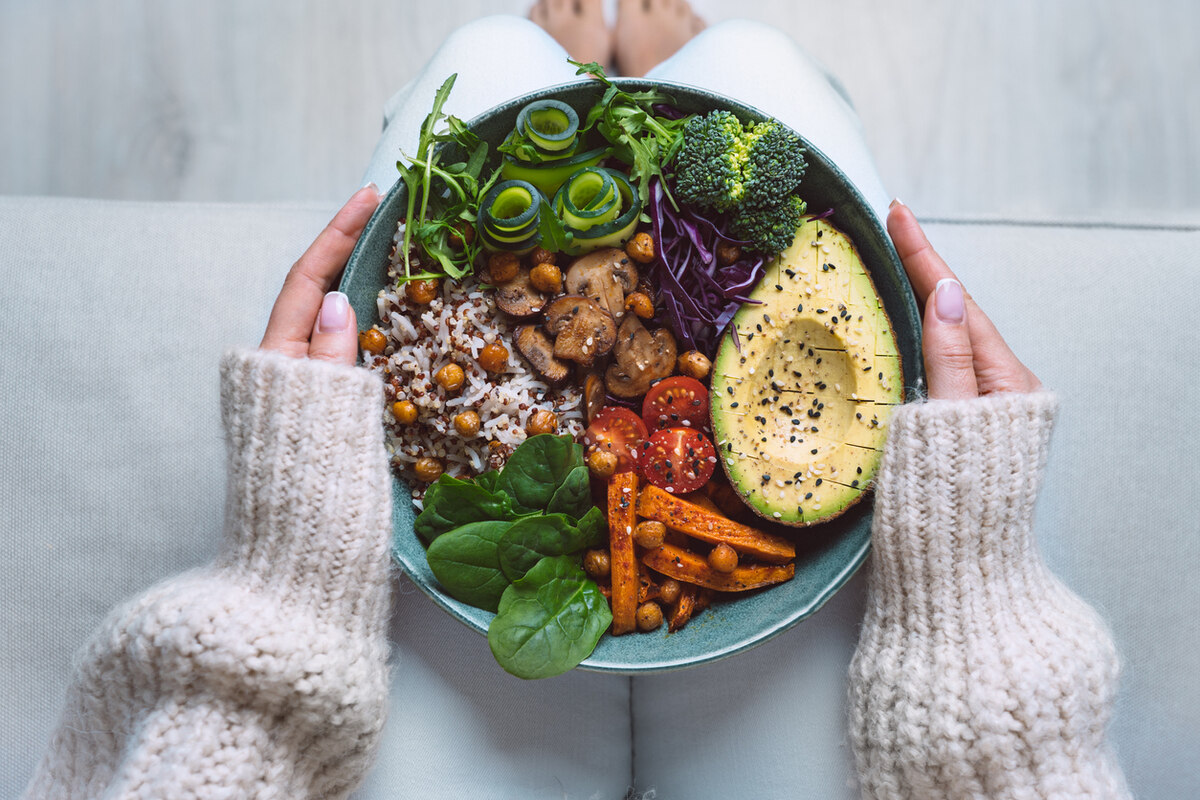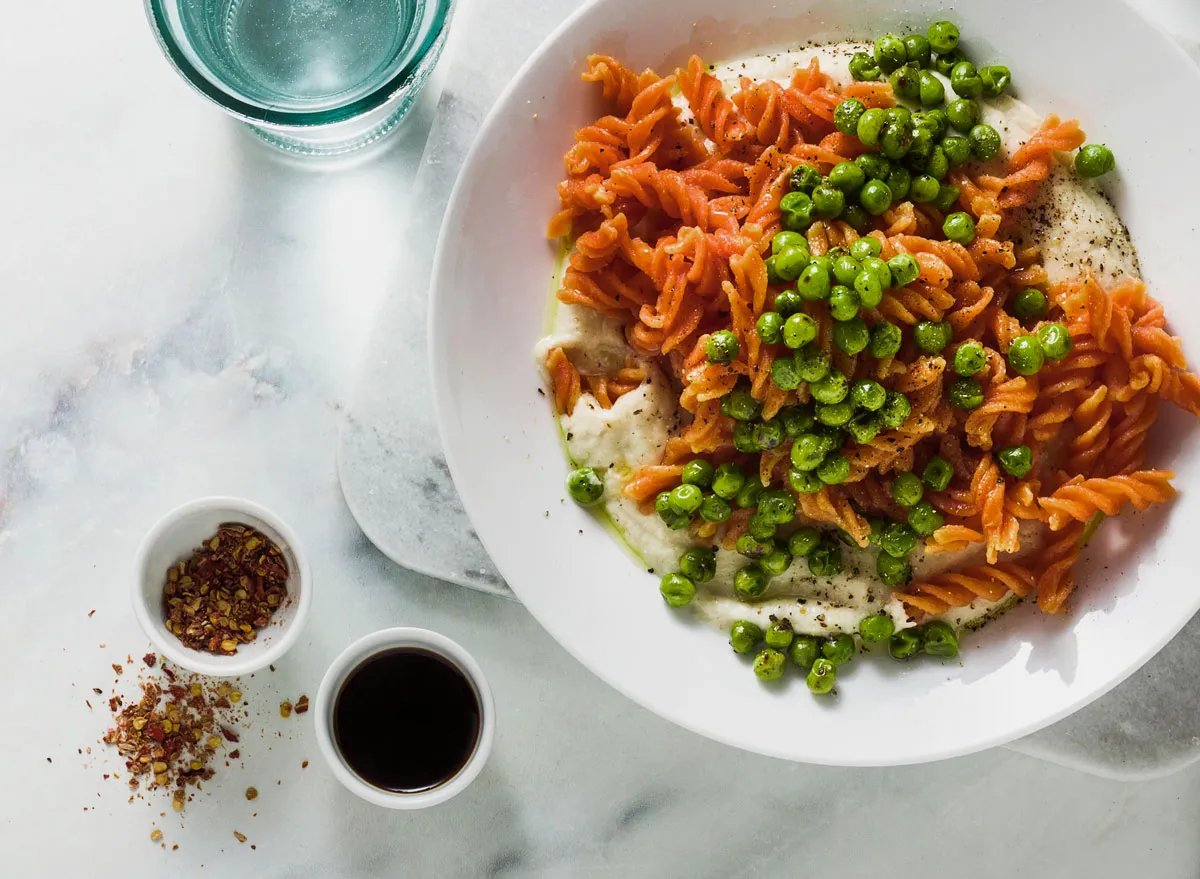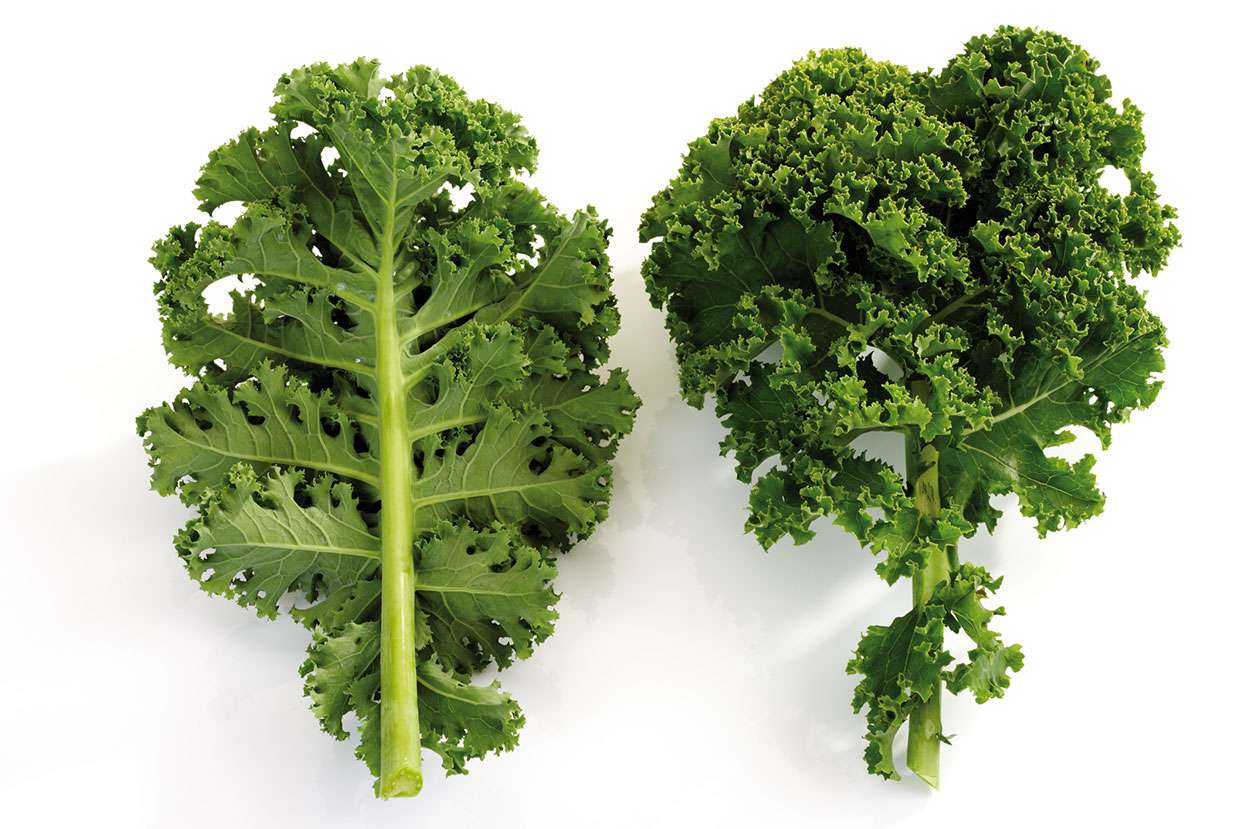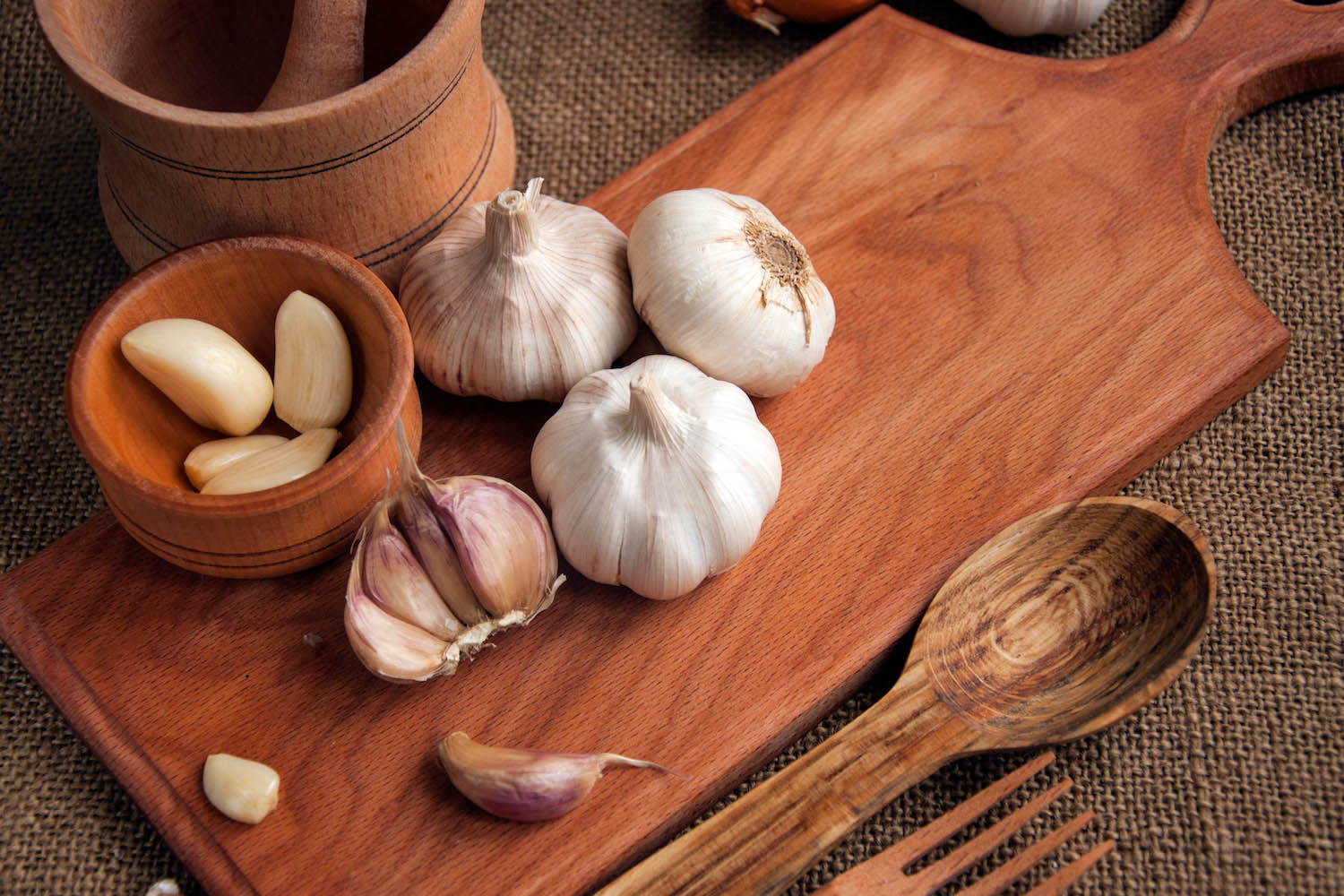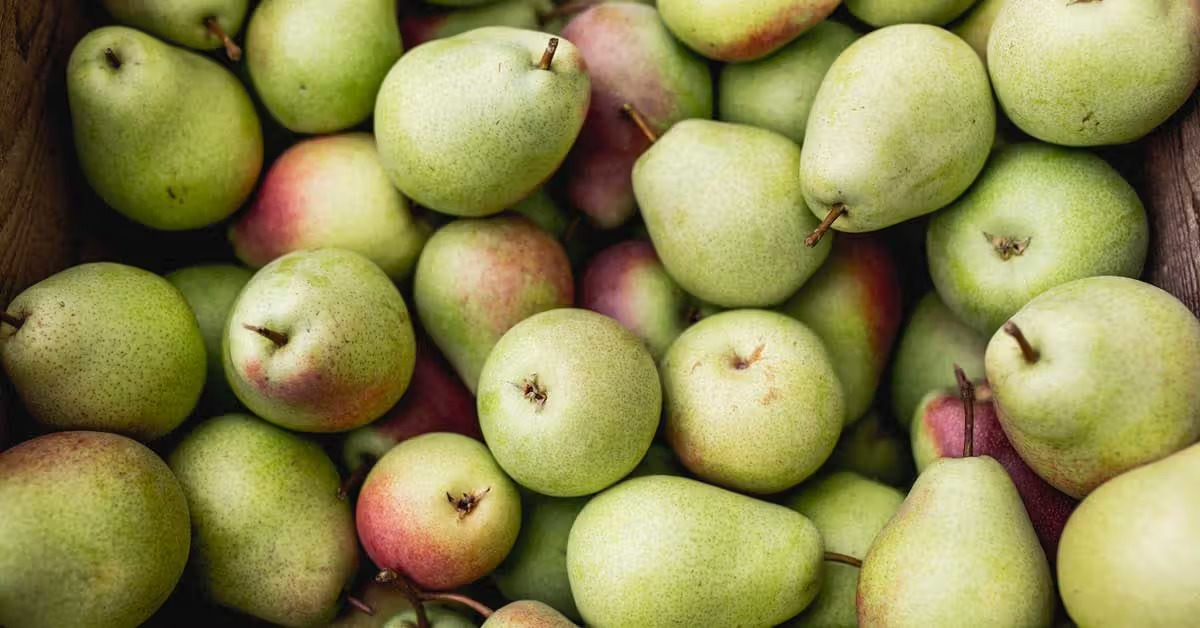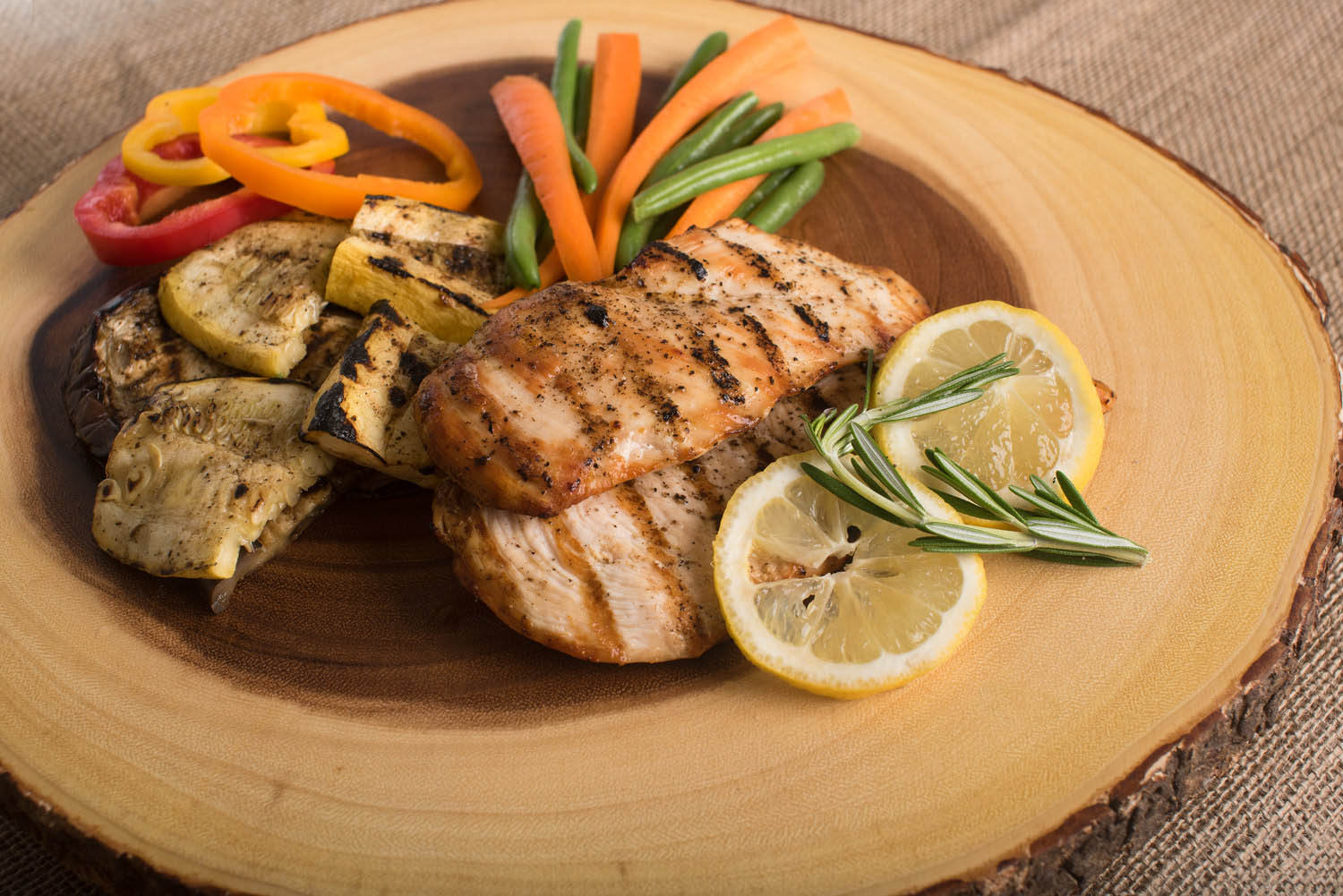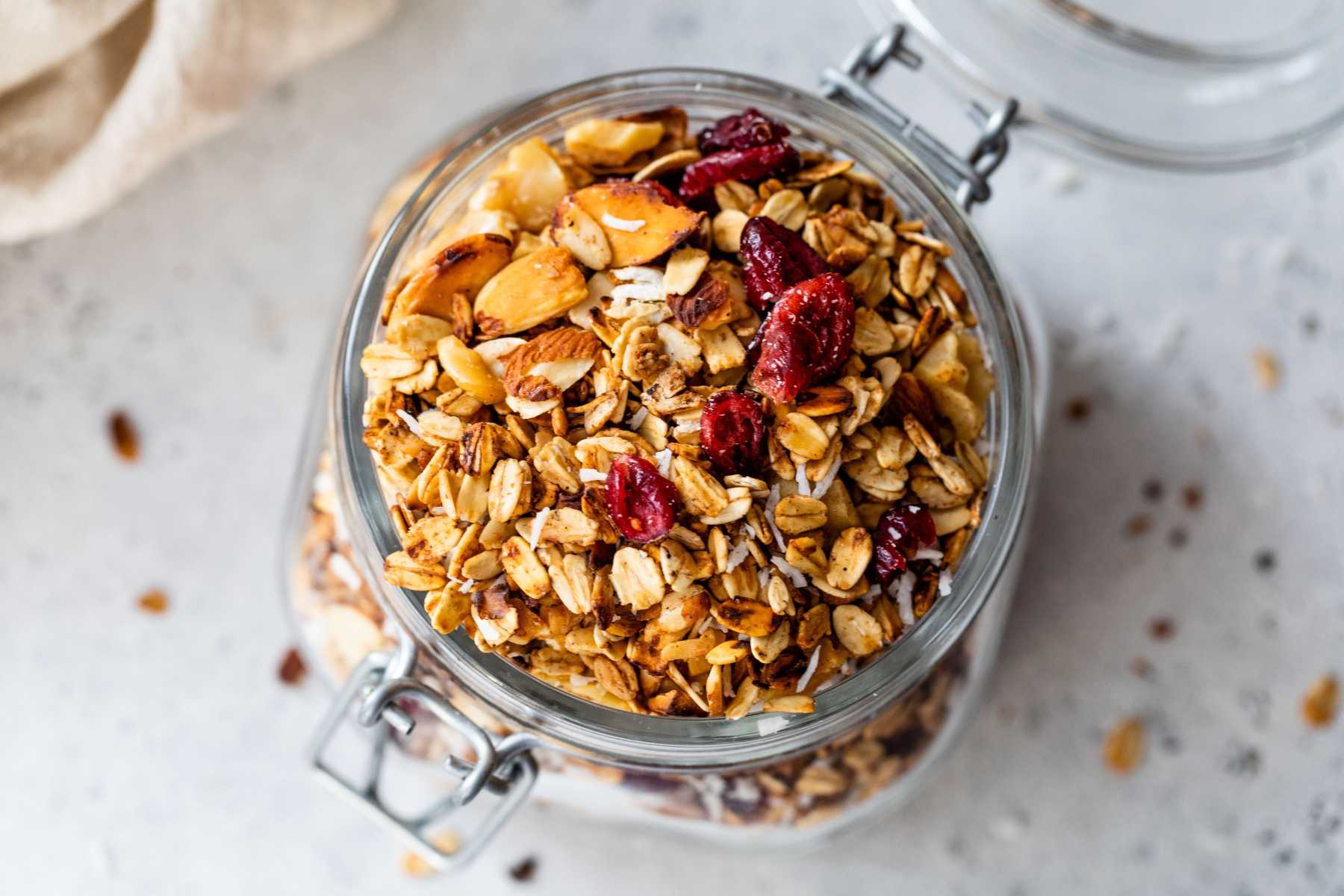How to Easily Meet Your Daily Protein Needs
Protein is an essential nutrient that plays a crucial role in the body’s growth, repair, and overall health. Whether you’re an athlete looking to build muscle or simply aiming to maintain a balanced diet, consuming an adequate amount of protein is important. If you’re wondering how to incorporate 120g of protein into your daily meals, we’ve got you covered with some simple and effective strategies.
Start Your Day with Protein-Packed Breakfast
Breakfast is the perfect opportunity to kick-start your protein intake for the day. Consider including the following options in your morning meal:
- Eggs: A versatile and protein-rich option that can be enjoyed in various forms such as omelets, scrambled, or boiled.
- Greek Yogurt: Packed with protein and probiotics, Greek yogurt makes for a delicious and nutritious breakfast choice.
- Protein Smoothie: Blend together your favorite fruits, a scoop of protein powder, and some Greek yogurt for a quick and convenient protein boost.
Choose Protein-Rich Snacks
Snacking can be an excellent opportunity to increase your protein intake throughout the day. Opt for snacks that are not only tasty but also high in protein, such as:
- Almonds or Mixed Nuts: A handful of nuts can provide a satisfying crunch along with a good dose of protein and healthy fats.
- String Cheese: Convenient and portable, string cheese is a simple way to add protein to your snack time.
- Protein Bars: Look for bars that are low in added sugars and high in protein for a convenient on-the-go option.
Include Protein in Every Meal
When planning your meals, make a conscious effort to incorporate protein-rich foods into each one. Some excellent sources of protein include:
- Chicken Breast: A lean and versatile protein option that can be grilled, baked, or sautéed.
- Salmon: Not only is salmon rich in protein, but it also provides essential omega-3 fatty acids for heart health.
- Quinoa: This ancient grain is a complete protein, making it an excellent choice for vegetarian or vegan diets.
Don’t Forget About Plant-Based Proteins
If you follow a vegetarian or vegan diet, there are plenty of plant-based protein sources to choose from. Consider incorporating the following into your meals:
- Lentils: Packed with protein and fiber, lentils are a versatile ingredient that can be used in soups, salads, and curries.
- Chickpeas: Whether roasted for a crunchy snack or blended into hummus, chickpeas are a fantastic plant-based protein option.
- Tofu: Known for its ability to absorb flavors, tofu is a great addition to stir-fries, curries, and salads.
Supplement When Necessary
If you find it challenging to meet your protein needs through whole foods alone, consider incorporating a high-quality protein supplement into your routine. Protein powders, such as whey, casein, or plant-based options, can be mixed into smoothies, oatmeal, or yogurt to boost your daily intake.
By following these simple tips and being mindful of your protein intake, you can easily reach the goal of consuming 120g of protein per day. Remember to vary your protein sources to ensure you’re getting a wide range of essential nutrients along with your protein intake.
